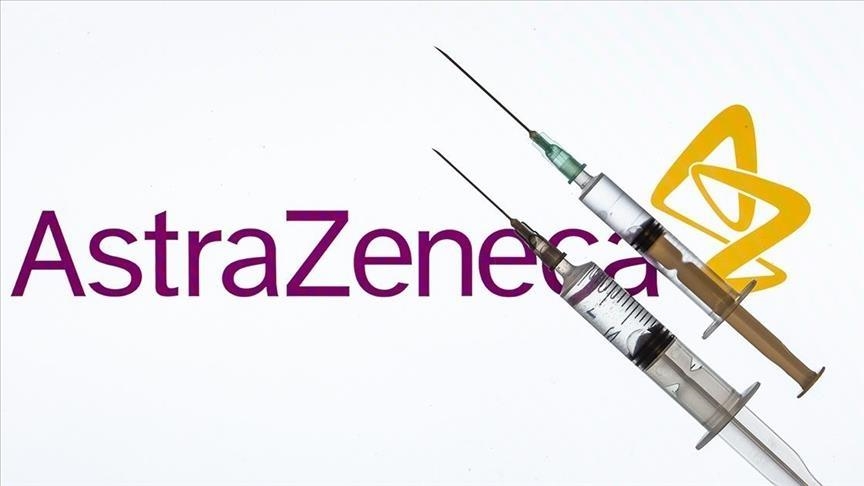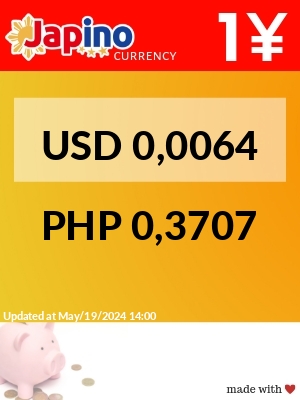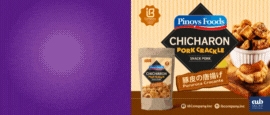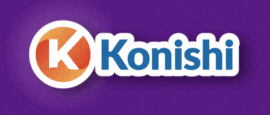Japan Health Panel Approves AstraZeneca COVID Vaccine For Ages 40 and Over

A health ministry panel on Friday approved AstraZeneca PLC’s COVID-19 vaccine for people age 40 and over, with Japan aiming to accelerate its rollout of shots amid a dearth of supplies among some local governments and a surge in new cases.
The vaccine obtained the health ministry’s approval for emergency use in late May, but it was not immediately used because the government had been weighing whether to place age restrictions on it following reports of very rare blood clots overseas — a development that forced more than a dozen countries to halt or restrict its use at one point.
Besides Japan, the U.K. is the only country that has determined that only people under 40 should be given an alternative to the AstraZeneca shot, which was developed by the University of Oxford and the British-Swedish firm. Twenty countries including Austria and Taiwan have been administering the shot to people age 18 and over, while Canada and Greece use it for those 30 and older, according to the health ministry. Still, more than a dozen countries including South Korea, Germany and France have a higher age restriction, with the level being set at anywhere from age 50 to 69.
Reports of blood clots are considered rare. In Britain, the shot has been administered 47.5 million times, with 411 cases of blood clots and 71 deaths reported as of July 14, according to the Japanese health ministry. The vaccine has a similar safety profile to Pfizer Inc.’s shot, according to a European Medicines Agency-funded study on blood clot risks between different vaccines that was published in the British medical journal The Lancet.
“This comes as a last resort to deal with the increasing number of people in their 40s and 50s who have been hospitalized and are suffering from serious conditions as supplies of Pfizer and Moderna vaccines stall,” said Dr. Tetsuo Nakayama, project professor at the Kitasato Institute for Life Sciences.
He added that the government should have decided to administer AstraZeneca’s shot with an age limitation in May when it gave the fast-track approval, taking into account the low rate of occurrence of clots overseas.
The panel also backed a proposal to make the shot available to people under age 40 who wish to get AstraZeneca’s jab or who are allergic to the ingredients of the messenger RNA (mRNA) vaccines administered in Japan. Multiple members of the panel said that the move would give people more choices.
The panel’s decision will raise Japan’s supply of usable vaccines sharply, as it has a contract to receive 120 million doses of the AstraZeneca shot, though it has given a portion of the supplies to Taiwan and other nations in need. The British-Swedish firm plans to have domestic pharmaceutical firms such as Daiichi Sankyo Co. produce at least 90 million of the 120 million contracted vaccines, which can be stored in regular refrigerators.
AstraZeneca’s viral vector shot was about 70.4% effective in late-stage trials, while the mRNA vaccines developed by Pfizer and Moderna Inc. were both about 95% effective. Additional data has shown that AstraZeneca’s vaccine was about 67% effective against the delta variant, compared with Pfizer’s 88%. But the former was 92% effective against hospitalization after a second shot — not far off Pfizer’s 96% — according to a study by Public Health England.
The standard interval for the AstraZeneca vaccine is four to 12 weeks, but the panel recommended an interval of eight weeks to gain the maximum benefit from the shots. In comparison, the intervals for Pfizer and Moderna are three weeks and four weeks. Unlike those firms’ mRNA vaccines, AstraZeneca’s shot can be stored at temperatures of 2 to 8 degrees Celsius.
The health ministry panel on Friday also approved the use of Moderna’s COVID-19 vaccine for children age 12 to 17, easing the current restriction of 18 years old and above.
The health ministry is set to formally approve the proposals on Moderna and AstraZeneca shots soon, a ministry official said.


























